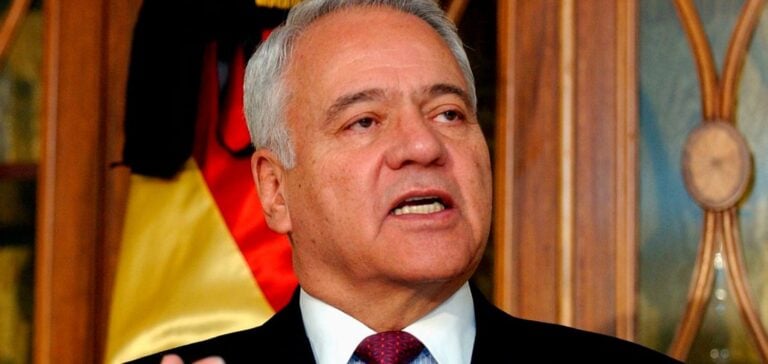In Bolivia, the judiciary has issued a historic verdict concerning former President Gonzalo Sanchez de Lozada, sentencing him to six years and three months in prison. The Supreme Court of Justice delivered the ruling late Monday night after seven hours of deliberation, finding him guilty of “economic misconduct” and “neglect of duty.”
These charges focus on the signing of 107 oil contracts for the marketing, exploration, and exploitation of hydrocarbons, executed without Parliament’s approval. This breach of constitutional norms at the time was highlighted by the Ministry of Justice, which hailed the ruling as unprecedented.
A Long-Awaited Judgment
Gonzalo Sanchez de Lozada served as Bolivia’s president twice, from 1993 to 1997 and from 2002 to 2003. His political career has been marked by major controversies, culminating in his flight to the United States in October 2003. This escape followed violent protests against his gas export policy via Chilean ports, a sensitive issue given Bolivia’s historical dispute with Chile over lost access to the Pacific Ocean.
In addition to Sanchez de Lozada, several former government officials were also sentenced. Jorge Berindoague and Carlos Alberto Contreras, former Ministers of Hydrocarbons, as well as Carlos Alberto Lopez, former Deputy Minister of the sector, received five-year prison terms.
A Context of Geopolitical Tensions
The decisions taken by the Sanchez de Lozada administration regarding energy policies were widely perceived as being against national interests. The 2003 protests, known as the “Gas War,” were further fueled by Bolivia’s historical demand for access to the Pacific Ocean, lost during a conflict with Chile in the late 19th century.
Bolivian Justice Minister César Siles described the verdict as a “historic conviction” and emphasized that it opens the door to extradition proceedings against the convicted individuals currently in exile.
A Conviction with International Implications
This ruling could have international repercussions, especially regarding the extradition requests for the former president and his associates. The United States, where Sanchez de Lozada currently resides, may face pressure to respond to these legal actions.
The sentencing of the former president, now 94 years old, sets a significant example for the region, highlighting leaders’ accountability in managing strategic resources and the consequences of their actions on national sovereignty.






















